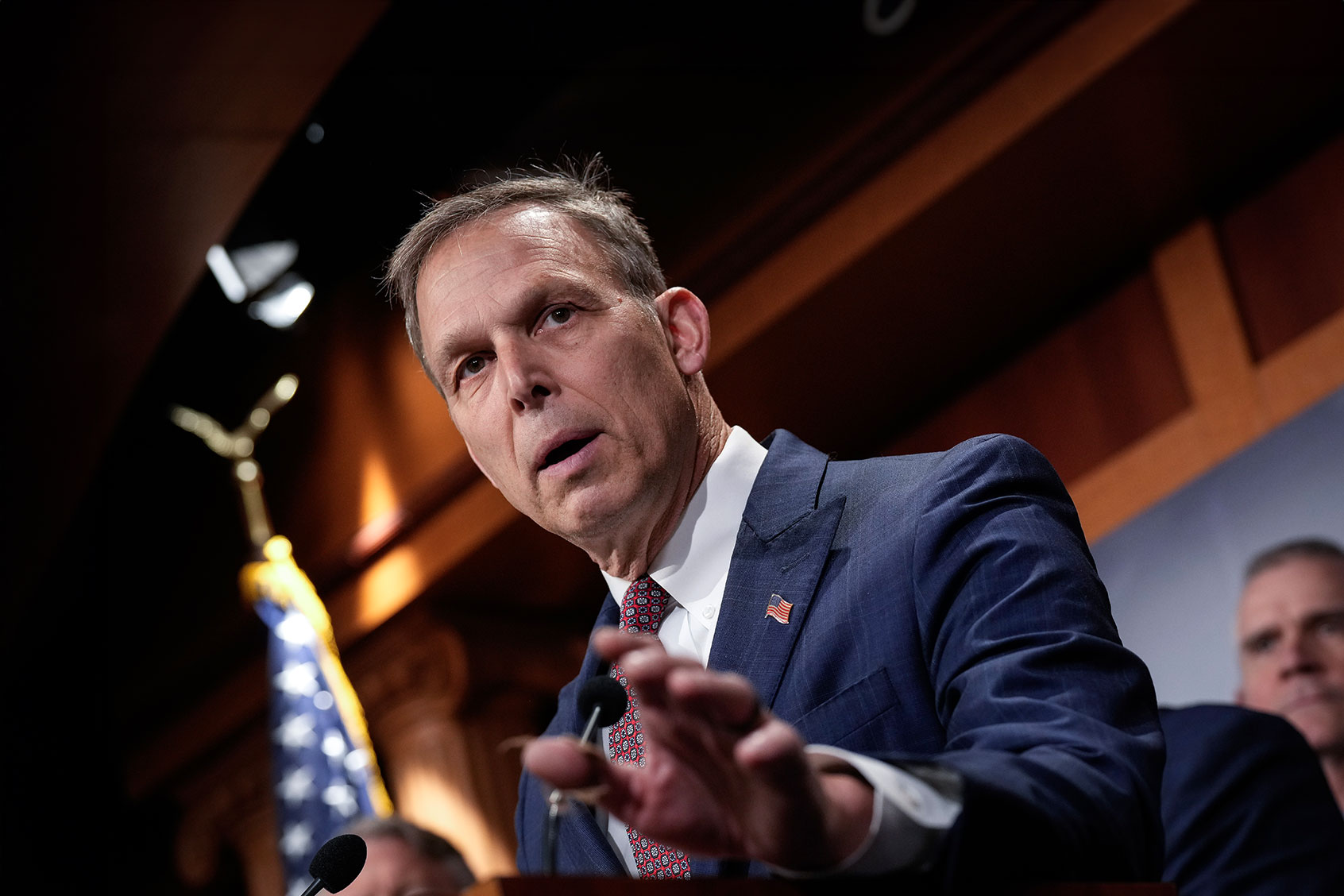Rep. Scott Perry, R-Pa., must disclose to federal prosecutors more than 1,600 text messages, emails and other communications related to the investigation into Donald Trump and his allies' attempts to overturn the 2020 election, a federal judge ruled Tuesday. Chief U.S. District Judge James Boasberg found that the majority of the messages between Perry and other members of Congress, members of the Trump administration and allies outside of the government could not be concealed from prosecutors by the representative's constitutional protections as a member of Congress, Politico reports.
Instead, Boasberg concluded all 1,659 exchanges were not protected under the Constitution's "speech or debate" clause, which disallows prosecutors and courts from looking into official Congressional business, because they were hardly connected to Perry's legislative role. An inadvertently disclosed court document obtained by Politico last month exposed key parts of the messages, including conversations with Trump's alleged co-conspirators in the bid to subvert the election, which showed Perry as a go-between for Trump and his allies. The earlier release showed that the messages should "include some very incendiary texts," tweeted former U.S. Attorney Harry Litman. The texts "may shed light on his involvement in Trump's plan to use DOJ to push the big lie," agreed former U.S. Attorney Joyce Vance.
An attorney for Perry told the outlet he has not yet decided whether he will appeal the judge's ruling. The FBI seized Perry's phone in August 2022 in connection to its probe of former Justice Department official Jeffrey Clark, a key Trump ally in the effort to thwart the transfer of power. Boasberg's order backs a decision made almost a year ago by U.S. District Judge Beryl Howell, who found that Perry was required to share with prosecutors 2,055 communications he had attempted to hide, with only about 200 actually shielded. Howell ruled that Perry's “informal” attempts to investigate election fraud were not protected by the "speech or debate" clause because he was not authorized by any House committee to conduct the probe.


